Cox Automotive expects a 14.1% increase in new car registrations will be achieved this year, but warns that a return to ‘normal’ in the next 12 months is unlikely.
The organisation believes registrations for new vehicles could reach 506,804 by the end of Q1, a 19.1% increase year-on-year, but 23.7% down compared to the 2000-2019 average and 27.7% down compared with the most recent pre-pandemic 2019 performance.
Cox Automotive's most likely scenario forecasts that the year will end on 1,878,806 registrations. This is a 14.1% increase year-on-year, but 18.7% down compared to the 2000-2019 average and the most recent 2019 pre-pandemic performance.
Philip Nothard, Insight and Strategy Director at Cox Automotive, said: "The start of a new year is often seen as an opportunity to start anew, to move on from the trials and tribulations of the previous year and set our sights on a better future. This is undoubtedly the case in the automotive industry after more than a year, dogged by new car production issues, increased lead times and skyrocketing used car values. However, while retailers have remained resilient and adapted to today's trading environment, there's still no sign of an immediate return to normal."
He warns that the hopes of material shortages improving in early 2022 have rapidly fallen away and that the automotive sector is unlikely to see much improvement until at least early 2023.
While the microchip and material shortages continue to affect the production of new cars and vans worldwide, some manufacturers have managed to increase production to the extent that sales targets were hit. Recoveries were very manufacturer-specific, however, and Nothard said the industry cannot expect normal volumes to return until 2023.
He added: "Microchip shortages are causing a major headache but transitioning to Electric Vehicles (EVs) also impacts supply chains. Factories must be reconfigured to accommodate EV production and other alternatively fuelled vehicles. These changes don't happen overnight, but they are necessary to move towards cleaner and greener personal transportation."
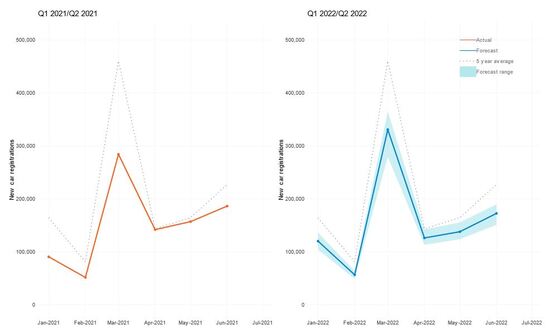

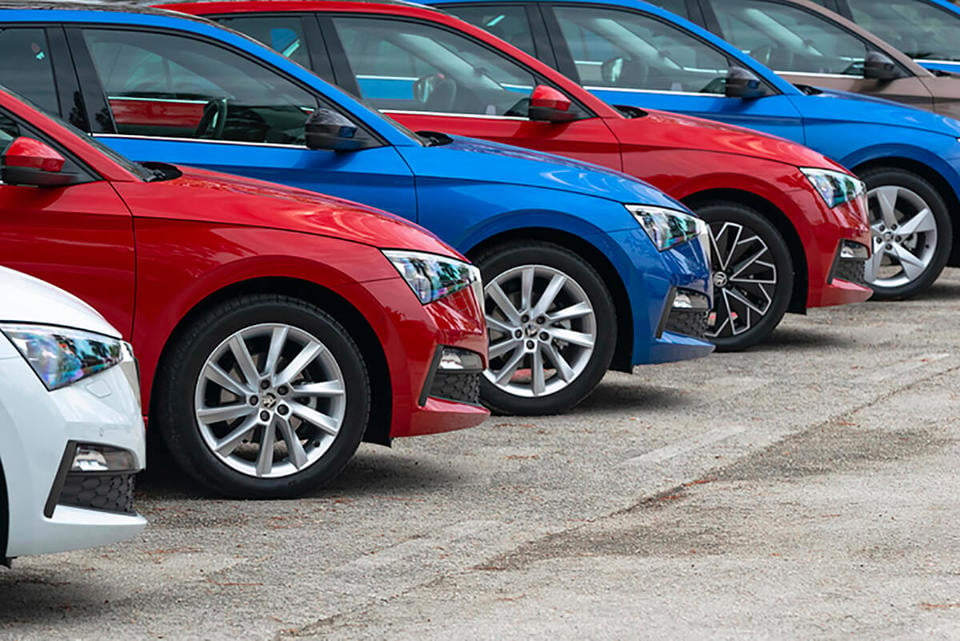



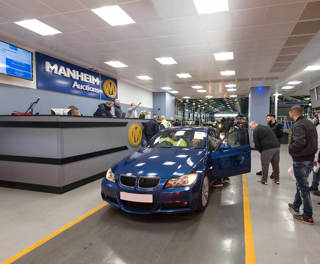

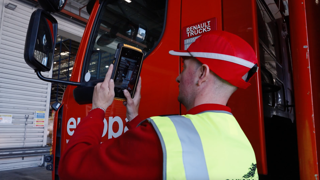
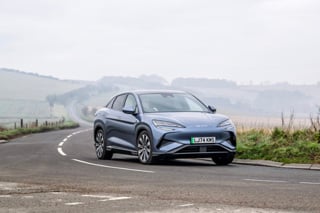












Login to comment
Comments
No comments have been made yet.